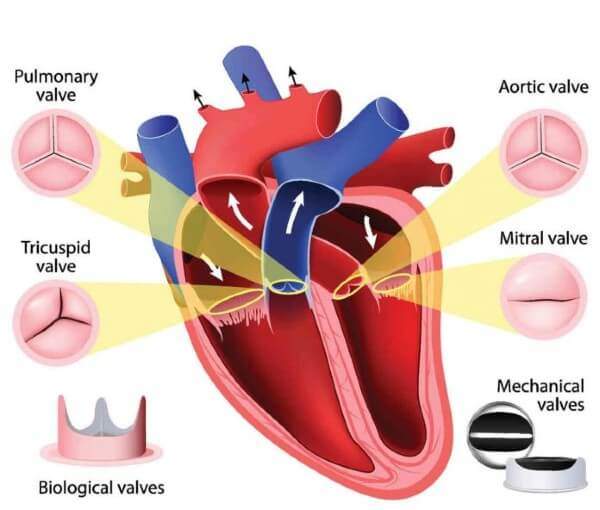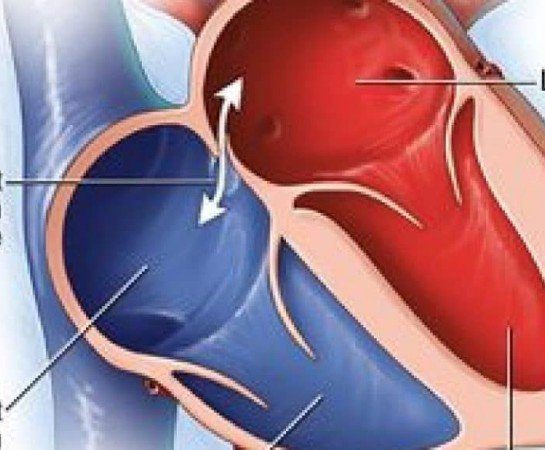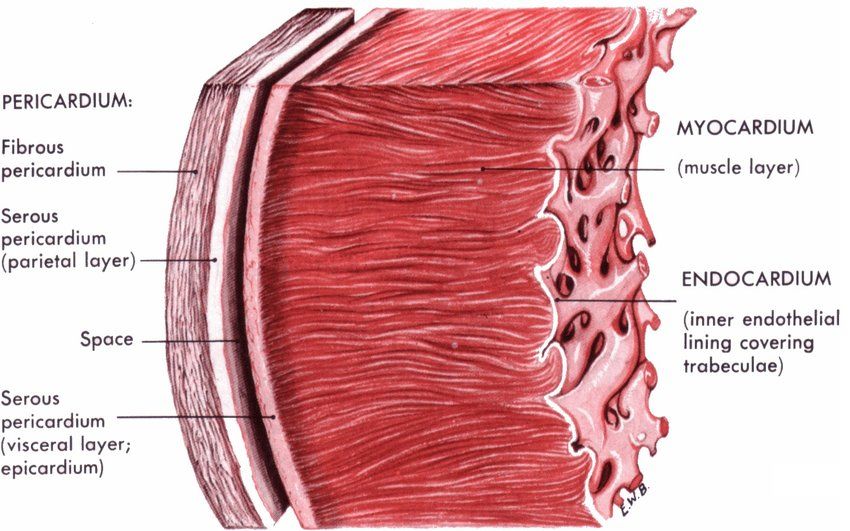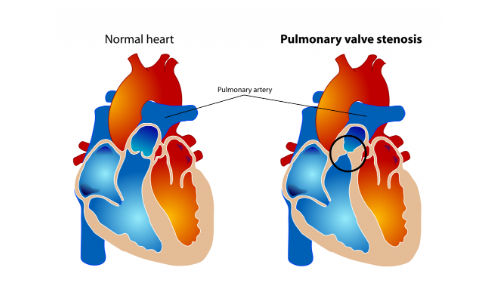Tricuspid Valve Diseases and Treatment Tricuspid valve is the valve located between the right atrium and right ventricle in the heart, ensuring the healthy passage of blood from the atrium to the ventricle and preventing it from escaping from the auricle back to the atrium. Tricuspid valve diseases can be classified as stenosis, insufficiency, atresia and Ebstein anomaly in this valve. In tricuspid valve stenosis; There is not enough blood flow from the right atrium to the right ventricle....
Prof. Dr. Yavuz BeşoğulAll Articles
Cardiovascular Surgery Specialist
AllFrom the pressGeneral
Venöz Tromboz
Venöz Tromboz Nedir? Venöz tromboz, toplardamarların içinde pıhtı oluşması durumudur ve bu pıhtı kan akışını engelleyebilir. Genellikle bacaklarda meydana gelir ve derin ven trombozu (DVT) olarak adlandırılır. Bu durum, toplardamarların kanı kalbe taşımasını zorlaştırır ve pıhtının akciğerlere giderek ciddi bir durum olan pulmoner emboliye neden olma riski vardır. Bu rahatsızlık, hareketsiz bir yaşam tarzı, uzun...
VSD Ameliyatı
VSD Ameliyatı Nedir? VSD ameliyatı, iki karıncık arasındaki delikleri kapatmak için yapılır. Kalbin sağ ve sol karıncıkları arasındaki duvarda bulunan bu delik, kanın içinde yanlış yönde akmasına yol açabilir. VSD, doğuştan gelen bir kalp rahatsızlığıdır ve tedavi edilmediğinde kalbin daha fazla çalışmasına, solunum sorunlarına ve kalp yetmezliğine neden olabilir. Ameliyatın amacı, kanın yanlış yönde akmasını önlemek...
Kılcal Damar Tedavisi
Kılcal Damar Tedavisi Nedir? Kılcal damar tedavisi, cilt yüzeyine yakın olan ince kılcal damarların görünümünü azaltmak veya tamamen ortadan kaldırmak için yapılan bir işlemdir. Bu damarlar, özellikle yüz, bacaklar ve burunda belirginleşir ve çoğu kişi için estetik bir rahatsızlık oluşturabilir. Bu damarların belirginleşmesi genellikle yaşlanma, genetik değişiklikler, hormonal değişiklikler, güneşe maruz kalma ve çeşitli yaşam...
Cardiac perforation is a condition that occurs as a result of the wall between the atria or the wall between the ventricles not completely closing in the heart. It may be noticed after birth or during childhood, or it may not be noticed for many years. It may manifest itself with symptoms such as shortness of breath and palpitations in the 40s. Atrial septal defect (ASD) describes the hole between the two atria; Ventricular septal defect (VSD) is two...
Heart failure occurs when sufficient blood and oxygen cannot be delivered to all parts of the body and causes enlargement of the heart. In addition, the heart's attempt to pump enough blood by contracting faster than the required rhythm may cause narrowing of the vessels, making it difficult for sufficient blood to reach the organs. Symptoms of Heart Failure Heart failure occurs in individuals with a family history of heart disease and coronary artery disease.
Heart palpitations can be referred to as the heart racing at a higher rate than normal. Heart palpitations felt for a short time in situations such as fear and excitement; It may also occur when there is no change in physical activity or mood. Heart palpitations can be caused by situations such as exercise, smoking, use of certain medications, excessive stress, and may also occur due to some diseases. Causes of heart palpitations...
The part of the aorta, the largest artery in the body, in the abdomen is called the abdominal aorta. Expansion or ballooning of the abdominal aortic vessel may cause the vessel to rupture. Rupture in the vein causes internal bleeding, which can be life-threatening. Why Are Aortic Aneurysms Dangerous? The aneurysm may rupture suddenly, causing internal bleeding. According to statistics, internal bleeding caused by aneurysm...
It occurs with thickening of the heart wall, increase in heart muscle mass and accumulation of tissues and substances in the muscles. Thickening of the heart muscle may cause disruptions in the heart's pumping of blood. This situation, which causes the heart to spend more power to perform its functions, causes many problems that can lead to a heart attack. Symptoms of Heart Wall Thickening: Sudden fainting, extreme tiredness...
9 out of every 10 deaths in athletes occur during sports, and 85 percent of these deaths are caused by known or unknown heart diseases. According to statistics, 7 percent of deaths are in professional athletes; 22 percent occur in college students and 62 percent occur in high school students. Athlete's heart syndrome causes symptoms such as enlargement of the heart, slow heart rate and heart murmur, and...
The most common causes of aortic insufficiency are acute joint rheumatism and bicuspid (congenital two-leaflet) aortic valve. In rheumatoid arthritis, the aortic valve thickens and causes traction on the valve. Bicuspid aortic valve causes stenosis in the valve leaflets between the ages of 25-45, causing heart enlargement and heart failure. In both cases, the structure of the heart valve leaflets is deformed or...
ASD, or atrial septum defect, is a hole in the wall between the upper chambers of the heart. ASD, which occurs due to congenital reasons, may close spontaneously in infancy or early childhood. However, if ASD does not close and continues for a long time, it damages the heart and lungs. ASD does not usually cause any symptoms in children. However, with advancing age, heart palpitations, murmurs, leg and abdominal pain...
The pulmonary valve is the valve with three leaflets located at the beginning of the vein through which dirty blood is sent from the right ventricle to the lungs. It ensures that the dirty blood pumped to the lungs goes in one direction and does not return. They may occur as congenital heart valve failure or stenosis in the heart valve. Most of the stenosis in the pulmonary valve is congenital. However, pulmonary valve insufficiency may also be observed. Pulmonary valve disease...









